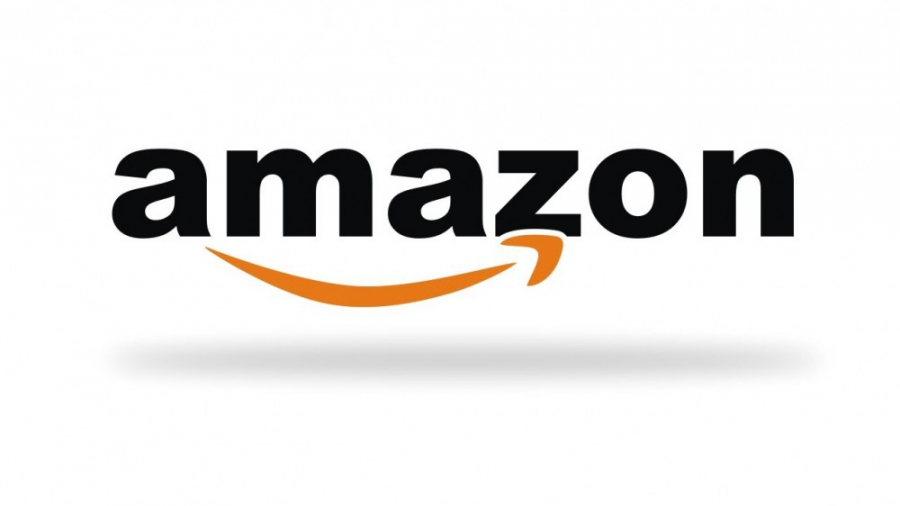In the 2020s, the average hospital will look nothing like today. Doctors and nurses are increasingly using mobile devices and wireless technologies to provide medical care in the hospital, and this is called mobile health or mHealth.
A 2018 study by Zebra Technologies estimated that by 2022, 97% of nurses and 98% of physicians will be using mobile devices to treat patients. Already, these devices are helping nurses reduce errors in patient care, aid in sample labeling, and reduce the chance of medical errors.
In the future, doctors and nurses will be able to use their mobile devices to access medical and drug databases, laboratory results and electronic health records.
The main store is included in the game
One of the big news in the mobile health market is the inclusion of Amazon in the “game”. In April 2019, Amazon announced that their Alexa voice virtual assistant can now process medical data.
Alexa will be able to transfer and store blood sugar measurements taken with internet-connected monitoring devices, connect with clinics to schedule patient appointments, provide patients with post-surgery instructions, and order and deliver medicines from pharmacies.
In the US, all medical-related software must comply with the Health Insurance Portability and Liability Act of 1996. Currently, Amazon has only approved six projects for Alexa-enabled health information portals. This information will be protected by encryption and access control and stored securely in the Amazon cloud.
This software was created in Amazon’s secret lab, which goes by several names – 1492, Amazon Grand Challenge, and Amazon X. Some sources claim that the lab is developing an electronic health record platform and telemedicine applications that will enable virtual consultations with doctors. from anywhere in the world.
Jeff Bezos, Jamie Dimon and Warren Buffett
In June 2018, Amazon paid $1 billion in cash for PillPack, an online pharmacy startup that delivers home prescription drugs. In March 2019, Amazon, whose CEO is Jeff Bezos, partnered with JP Morgan Chase, led by Jamie Dimon, and Berkshire Hathaway, a holding company led by legendary investor Warren Buffett. Together, these “giants” are launching a new healthcare startup, whose name the world has only recently learned – Haven. Its head was a surgeon, Harvard professor and writer Atul Gawande.
According to havenhealthcare.com, Haven is designed to improve access to primary care, simplify insurance, and make prescription drugs more affordable—first to Amazon https://en.wikipedia.org/wiki/Amazon_(company), Berkshire and JPMorgan’s 1.2 million employees. Later, the startup plans to “share its innovations and solutions to help others.”
The new company is raising concerns among insurers and pharmaceutical giants that Haven is in danger of reshaping the market with nearly unlimited resources. The company’s website also states that Haven will not be bound by commercial profit limits and plans to reinvest all profits into its own growth.
